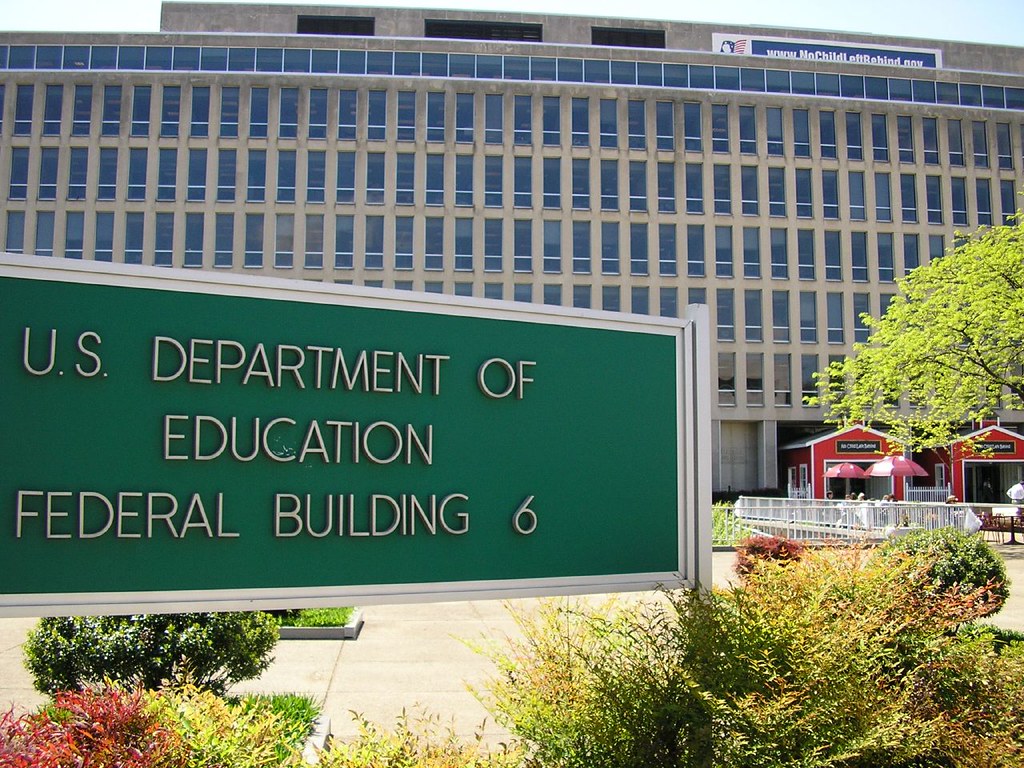
Trump signs executive order to dismantle Department of Education
- 21.03.2025 21:38
- dailytrojan.com
- Keywords: executive order, dismantle department of education
President Trump signed an executive order directing the Department of Education to be dismantled, shifting control over education to states and parents. The move aims to reduce federal spending but has sparked concerns about impacts on special education funding and civil rights protections.